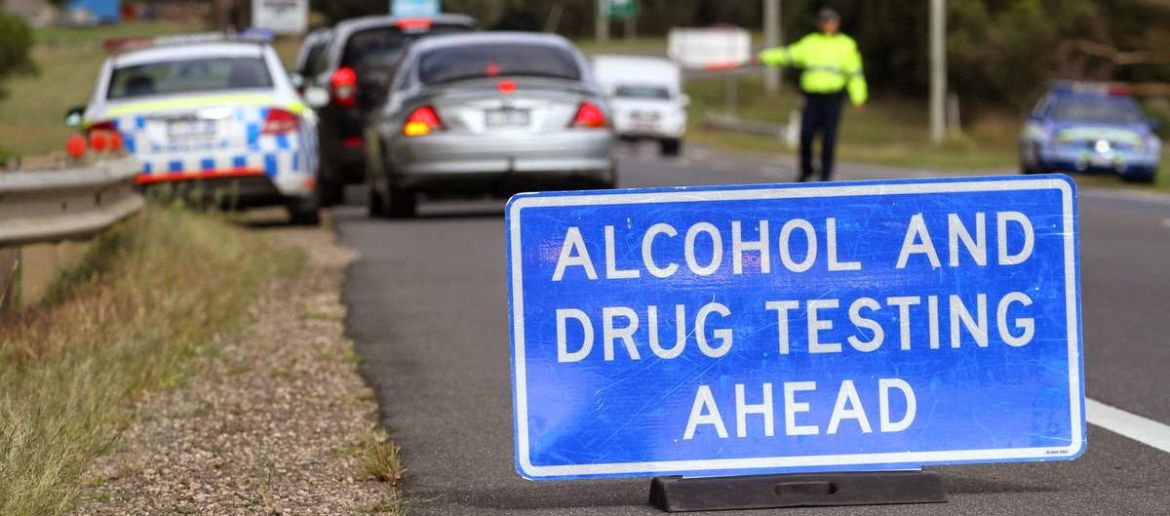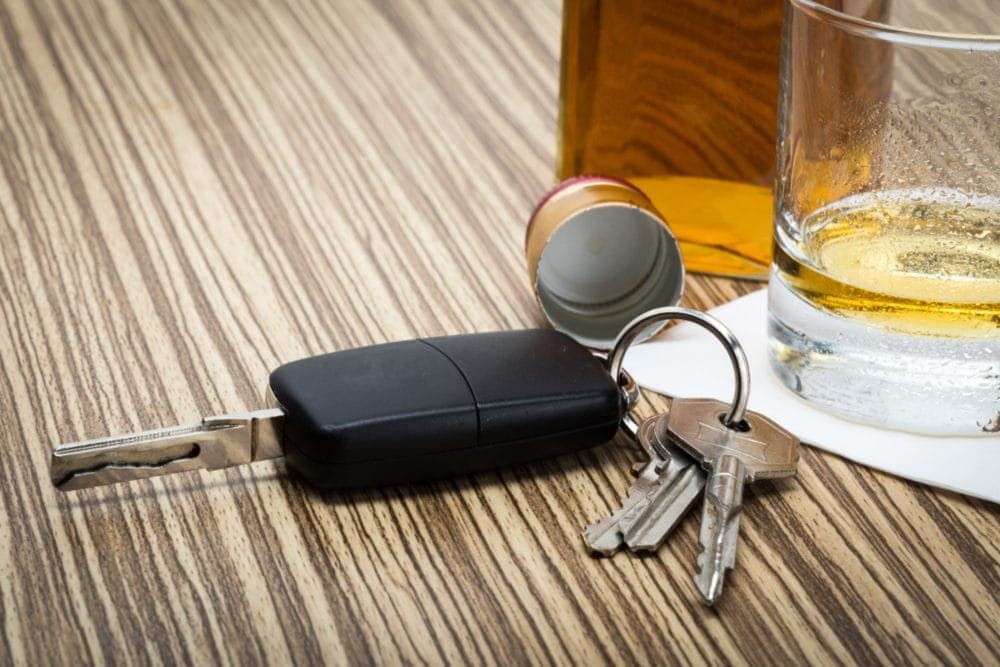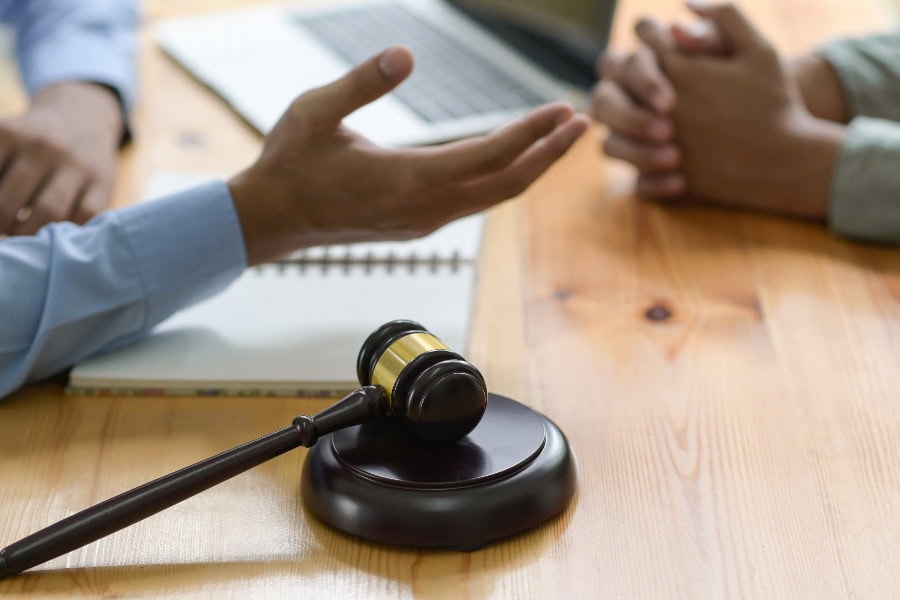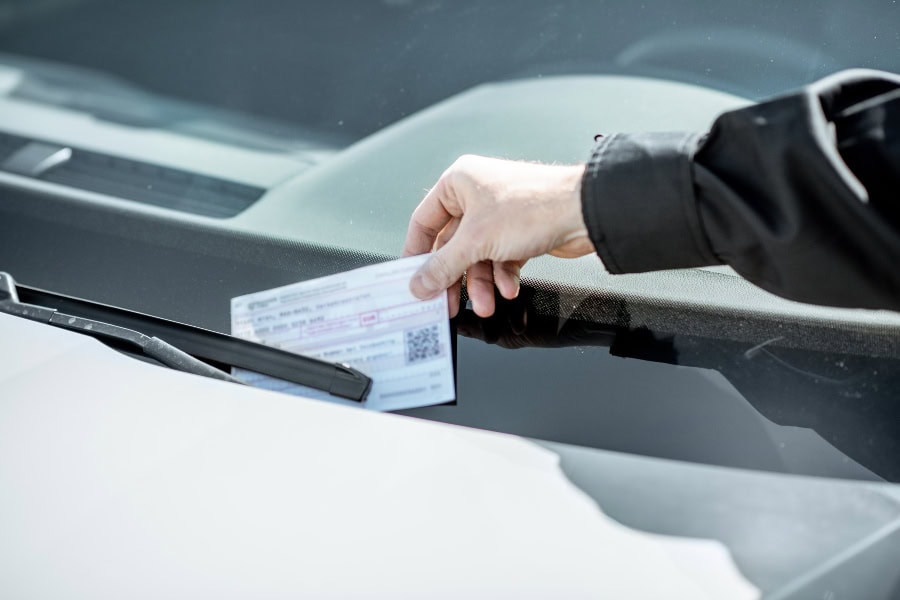What To Expect When You’re Pulled Over For A NSW Roadside Drug Test
Driving while under the influence of illicit drugs or alcohol is illegal and can carry harsh penalties under NSW law (Drug Driving Offences). Mobile drug testing is one option for curbing the behaviour by allowing police to test any driver with immediate results for common illegal drugs.
A positive test can result in a long, complicated legal process that will impact your life in several ways. Understanding the law, potential outcomes, and what to expect through the process can ease the stress somewhat.
Hiring an experienced defence lawyer is in your best interest if you face a positive roadside drug test. The expert legal team at JJ Lawyers can help you navigate the process and get the best possible outcome.
What You Need to Know About NSW Roadside Drug Testing
What Substances Are Prohibited?
Roadside drug testing is a common practice in NSW. Police officers can administer an oral drug test to anyone operating a vehicle. Police administer a test for the presence of Cannabis, Ecstasy, Methamphetamines, and Cocaine. Anyone who tests positive during an NSW roadside drug test is barred from driving for 24 hours from the time of a positive drug test.
To be more proactive and hopefully avoid significant harm or damage, police can perform random roadside drug testing. Police can test anyone driving the car or the person in the passenger seat with a driver holding a learner’s permit. Drivers must comply with the request or face fines.
Further, random drug testing applies to any type of testing listed above, not just the saliva sample test. Law enforcement has a wide berth regarding what they can request and require if they suspect a driver is under the influence of drugs. They can require the driver to remain onsite for testing or transport them to a hospital for additional tests if roadside drug testing isn’t enough.
Illicit Drug Testing Procedures
If you’re worried about NSW roadside drug tests, you must be prepared for what will happen. The first step is an oral fluid test performed on the scene. Drivers must lick the test pad to receive a preliminary result within five minutes. The roadside oral fluid tests detect THC, Methamphetamines, and Ecstasy.
While it is illegal to drive under the influence of morphine and cocaine, the roadside drug test does not register these drugs. Police can ask drivers to complete standard impairment tests if they suspect the driver to be under the influence.
If the testing device registers a positive or the driver fails the standard impairment test, they must ride with the police to the station or hospital for further testing. Typically, the subsequent tests take around 20 minutes. Testing positive means you cannot drive for 24 hours, and the remaining sample goes for in-depth testing.
It’s important to note that blood or urine tests for Cocaine and Morphine must occur within two hours of police pulling the driver over. Testing outside that two-hour window is not valid for prosecution. Additionally, law enforcement cannot bring any charges until a laboratory confirms the positive test results.
Remember that being courteous and cooperating with NSW police officers within the boundaries of your rights is a good idea, especially when undergoing an NSW roadside drug test. Documenting your experience and sharing facts with your criminal lawyers in Sydney is critical.
Dangerous Driving Combination: Illicit Drugs & Alcohol
Research indicates that using illicit drugs with alcohol can increase the risk of a fatal crash by 23 times. A new 2021 law targeted drivers who combine drugs and alcohol by increasing the penalties tied to the behaviour. It is now possible to face prosecution for both offences, driving under the influence of illicit drugs and drunk driving.
This law primarily targets two high-risk groups representing the greatest danger to safe roadways. Drivers with mid to high-range blood alcohol levels combined with a positive drug test or a low-level blood alcohol level with the presence of drugs and a history of prior convictions face the gravest penalties.
How Long Can Drugs Show Up On A Roadside Drug Test?
Testing negative may not mean that the drugs are completely out of your system, just that they aren’t strong enough to register. Several factors can influence how long a drug stays in your system in high enough quantities for the roadside drug test to detect them.
- THC typically reacts for 12 hours after ingesting or smoking it. Regular users may test positive for up to 30 hours after their last dose.
- Methamphetamines and ecstasy can last for up to two days.
- Cocaine can remain detectable for up to three days in a urine or blood test.
An individual’s metabolism, physical size, and tolerance for the drug can impact how long it remains at detectable levels in their systems. Additionally, interaction with alcohol can affect the effects.
What Impacts Your Blood Alcohol Concentration (BAC) level?
A variety of factors can impact your blood alcohol limit NSW levels. Primarily it is the amount of alcohol a person consumes in a specific duration of time. However, this also includes how quickly that alcohol absorbs into your bloodstream and other physical factors like height, age, and weight.
Another primary factor contributing to an increased blood alcohol limit is habitual drinking. People who drink more often tolerate alcohol better and maintain a low blood alcohol level longer.
Finally, food consumption impacts BAC. Eating a meal can slow the absorption of alcohol, but the opposite is also true. You will tend to have a higher BAC if you have failed to have a full meal before drinking.
Click here for our blog that covers the topic surrounding the Blood Alcohol Limit in Australia.
Can You Refuse A Roadside Drug Test?
You have the right to refuse a roadside drug test; however, you will have consequences. Failing to provide an oral fluid sample carries a maximum fine of $3,300 and licence disqualification for six months.
If, for some reason, you cannot provide an oral fluid sample, you can submit to a blood test instead. Failure to complete the blood test results in the same penalties as refusing the oral fluid test.
Final Thoughts
It is illegal to drive under the influence of illicit drugs and alcohol. Law enforcement aims to curb the dangerous trends with proactive roadside testing, including random stops.
It is essential to follow all of the rules of the road and to be a law-abiding driver, but it is equally important to remember that you have rights. If you believe your rights have been violated during a random drug screening, you should contact our experienced drug lawyers in Sydney & drink driving lawyers immediately. We are here to help.
Call Now For A Free Consultation! (02) 8005 3075
Charged With Drug Driving? Drug Driving Lawyers – Available For Call 24/7






